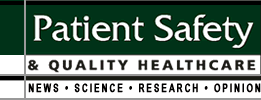 |
 |
 |

October / December 2004

Technology & Quality
Continuity of Care Record:
Foundation for Quality

Effective clinical decision-making relies upon easy access to accurate, up-to-date clinical information on patients. Although hospitals and other providers currently emphasize new information technologies such as computerized physician order entry and physician portals, healthcare providers continue to struggle with the most basic of tasks: access to complete patient records. Due in part to the difficulty in accessing this information, it is estimated that over 30% of all medical tests are ordered in response to the absence of a result from a previously ordered test. Providing ready access to basic patient information, irrespective of point of care, can only enhance care and reduce costs.
Rooted in Continuity of Care
Medical and nursing students learned about the importance of continuity of care during their training years. Almost all student clinicians are assigned patients who they follow throughout their training program. This assignment of clinician to patient is based on the premise that frequent and regular contact builds a knowledge base for the clinician that can be tapped to develop more appropriate treatment plans for each patient. This, in turn, produces better outcomes and healthier patients.
Although continuity of care was once a gold standard for treatment, our mobile society, frequent changing of health plans, and super-specialization make the concept somewhat quaint and a bit unrealistic. Medicine is too complex today to assume that a single physician will be the predominant provider of care. In fact, circumstances often dictate the key provider, and that person changes in lock step with those circumstances. Fortunately new information technology provides a method to offer continuity of the patient record if not the provider. In addition, the Federal government, through the work of William Yasnoff, MD, at NHII (National Health Information Infrastructure), is working to facilitate the interoperability of systems so that the information can truly be shared across technology platforms.
ASTM Working to Set Standard
The American Society of Testing and Materials (ASTM), a voluntary international standards organization and a trusted source for technical standards for materials, products, systems, and services, is leading a consortium of interested organizations in the development of a continuity of care record, or CCR. Other organizations involved in the project include the American Academy of Family Physicians, the American Medical Association, HIMSS, and the Patient Safety Institute.
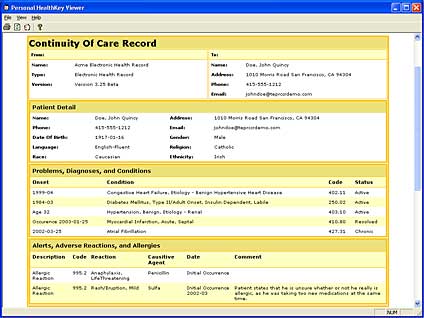

|
 |
 |
 |


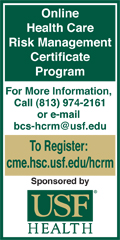





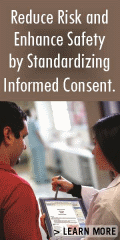

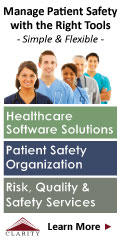







|
 |
